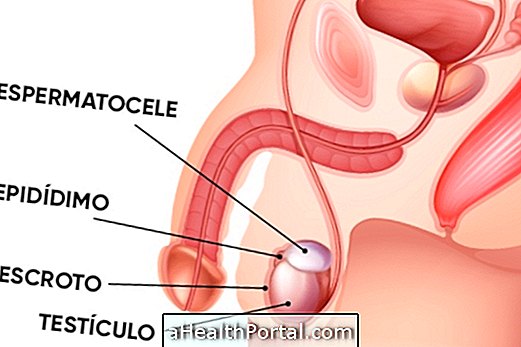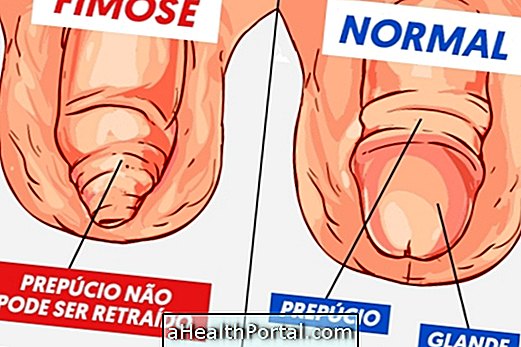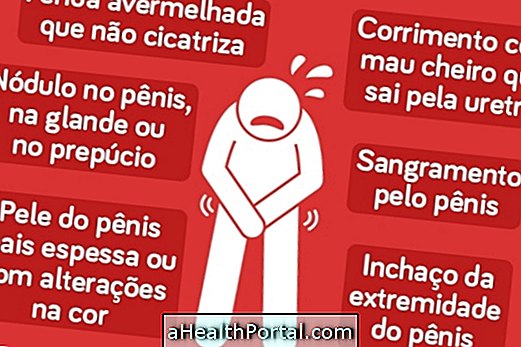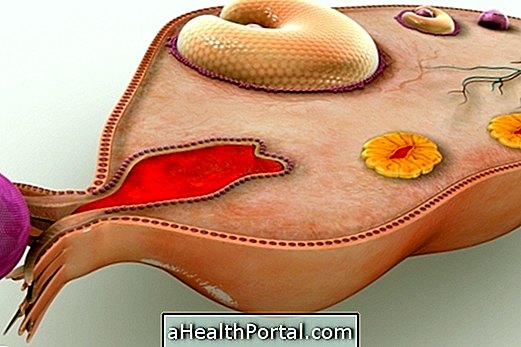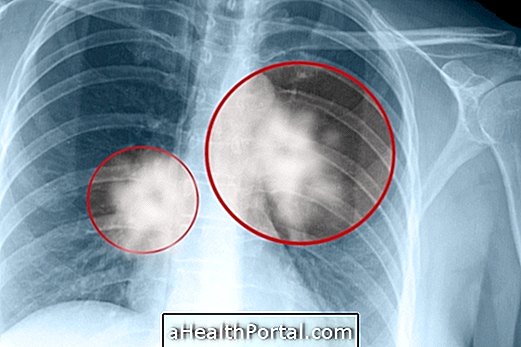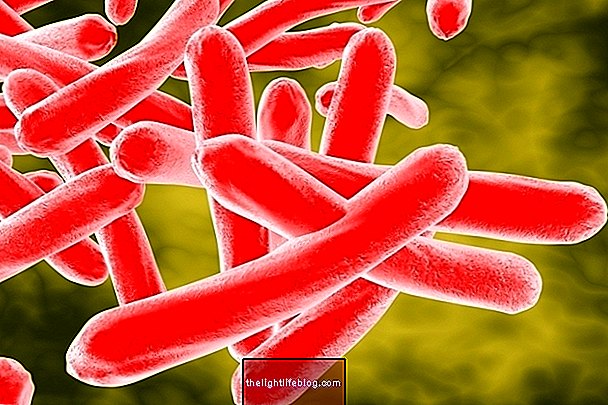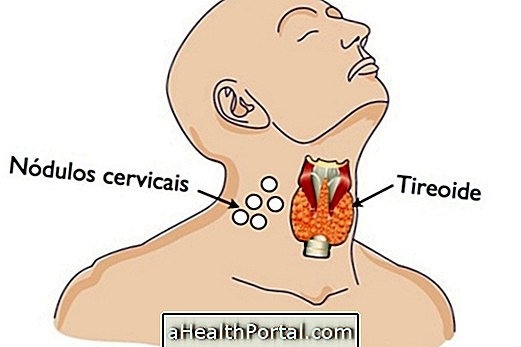Testicular cancer is a rare type of tumor that mostly develops in young people between 15 and 35 years of age. In addition, testicular cancer is more common in men who have suffered severe trauma or multiple trauma in the region, such as athletes, for example.
Generally, the cancer develops very slowly and, therefore, the symptoms of testicular cancer can be difficult to identify. However, the most common include:
- Presence of hard, painless lumps of the approximate size of a pea;
- Increased size and, consequently, testicle weight;
- Breast enlargement or tenderness in the region;
- One testicle harder than the other;
- Pain in the testicle when palpating it or pain in the testicle after intimate contact.

The best way to identify possible signs of testicular cancer is to regularly do the self-examination of the testicles in the bath, for example, as it helps to identify some early changes that may turn into cancer. See the step-by-step on how to properly do the self-examination of the testicles.
If self-examination changes occur, it is recommended that a urologist be consulted for diagnostic tests such as X-rays, specific blood tests, or CT scans to confirm the diagnosis and initiate appropriate treatment if necessary.
There are also other problems of the testicle that can cause symptoms very similar to those of cancer, especially the presence of a lump, but which are a sign of less serious situations, such as epididymitis or vericocele, but which need to be treated properly. See 7 other causes of livers in the testicle.
Possible signs of advanced testicular cancer
When the cancer is already at a later stage, it can spread to other parts of the body and generate other symptoms such as:
- Constant pain in the back;
- Feeling of shortness of breath or frequent coughing;
- Constant pain in the belly;
- Frequent headache or confusion.
These signs are more rare and usually indicate that the cancer can spread to other sites such as lymph nodes, lung, liver or brain.
At this stage, cancer is more difficult to combat, however, the treatment is done to try to decrease the size of the cancer and relieve the symptoms.
How to confirm the diagnosis
The best way to confirm if there is actually cancer of the testicle is to see a urologist. This doctor, in addition to making a physical assessment, identifying the symptoms and confirming the family history can also ask for an ultrasound or a blood test to confirm the presence of cancer. In addition, you may also have a biopsy of the tissue of one of the testicles if there appear to be changes suggestive of cancer.

Possible Causes of Testicular Cancer
The cause of testicular cancer is still not fully understood, however, there are some factors that seem to increase the risk of a man developing this type of cancer. The main ones are:
- Have a testicle that has not gone down;
- Have a family history of testicular cancer;
- Being infected with HIV;
- Have already had cancer in a testicle;
- Be between 20 and 34 years old.
In addition, being Caucasian also seems to increase up to 5 times the risk of having this type of cancer when comparing with the black race, for example.
How is the treatment done?
Treatment for testicular cancer depends on the course of the disease, as it can range from radiation therapy, chemotherapy, or surgery. However, cancer in the testicle has healing in most cases, even when metastases have formed.
Thus, treatment is usually initiated with surgery to remove the affected testicle and all cancer cells, enough in less developed cases of cancer. In the more advanced cases, it may be necessary to do radiotherapy or chemotherapy after surgery, to eliminate the remaining tumor cells that may have remained.
After the treatment, the urologist marks several consultations to do blood tests and tomographies, in order to evaluate if the cancer has been completely eliminated.
Take a closer look at the options available for treating testicular cancer.
Does the treatment cause infertility?
Usually, the man only becomes infertile when it is necessary to remove the two testicles, which happens in few cases. However, in these cases it is possible to preserve some spermatozoa in specialized laboratories before surgery, which can then be used to make artificial insemination, for example, allowing children.
